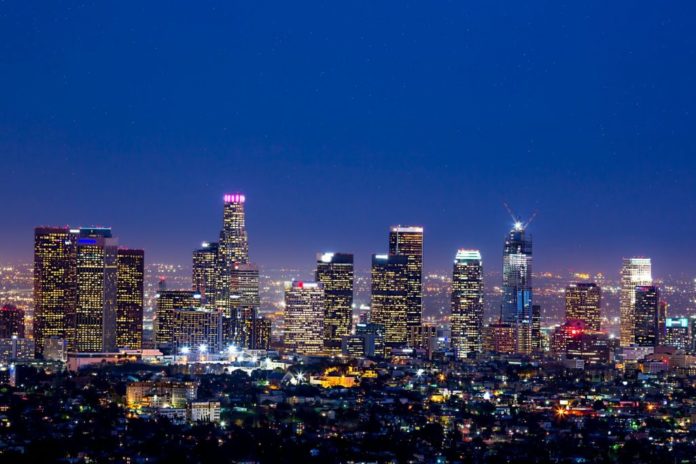The Los Angeles cannabis community is in chaos and, if the powers that be have their way, it’s about to get a whole lot worse. Under proposed legislation—legislation that flies in the face of both state law and widespread industry standards like those employed in Oakland—at least 95 percent of the medical cannabis businesses that currently comply with state law will be forced to flee the city, retreat back into the black market, or leave the industry entirely.
That means hundreds of dispensaries will close. Cultivators, testing labs, edibles manufacturers, oil extraction operations, delivery services, and distributors—all of which are legitimate players in the emerging industry and could be licensed by state law virtually anywhere else—would be criminalized.
So how did we get here? In 2013 there were no state regulations to lean on, and many people attempted to conduct legitimate business in a confusing gray area. The city issued tax certificates for “marijuana businesses,” but there was no clear legal ground for operators to stand on. Essentially, the certificates allowed the city to collect taxes but provided the businesses with very little legal protection.
Next, in an attempt to corral the exploding number of dispensaries, the city created Proposition D, which gave a few select storefronts “limited immunity” from prosecution. Note this applied only to dispensaries, not to the support industries these shops—and their patients—relied upon. These segments were relegated to the gray area. To further muddy the waters, the city attorney has interpreted Prop D in ways that far exceed any reasonable interpretation of the law and has been using the ordinance to harass, raid, and shut down businesses at will.
This is a much different scenario than the one envisioned by the state, which enacted the Medical Marijuana Regulation and Safety Act (MMRSA) on January 1, 2016. The law outlines an inclusive licensing structure for all aspects of the industry and sets up standards that ensure a fair and open market and protects not just the cannabis industry, but the general public as well.
MMRSA, however, is binding only if a city adopts a local permitting system. Unlike most of the major cities in California, the City of Los Angeles has rejected the details and the spirit of MMRSA in favor of Prop D, which denies protection to anyone besides a handful of Prop D compliant shops. In effect, the measure creates an artificial monopoly.
To that end, a group of leaders inside and outside the cannabis industry has created a coalition called the Los Angeles Citizen Task Force on Medical Marijuana Regulations. Its goals are three-fold.
First, the task force is dedicated to addressing the chaos pervasive in the Los Angeles cannabis industry, specifically with regard to Prop D. Second, the group is determined to safely and fairly align the local market with state law. And finally, the task force is committed to positioning Los Angeles as a global leader in the world of cannabis.
The undertaking is a massive and urgent. The stakes are high and affect every one of us.
For more information or to get involved, visit LAMedicalCannabisTaskForce.org.
Make no mistake: If you are reading this, participating in the process is in your best interest.
Ariel Clark is chair of the Los Angeles Citizen Task Force on Medical Marijuana Regulations and a founding partner of Clark Neubert LLP. Her clients include licensed dispensaries, growers, and manufacturers in California, Oregon, Washington, Arizona, Nevada, Colorado, Illinois, and Michigan.








